Jenn and John Nisi met as engineering students at UVA in the mid-90’s. A lot has changed in nearly three decades since they met; they both accepted roles at Microsoft, they got married and moved to NYC and later moved to the Hudson Valley, they’re raising three amazing kids, and they own two very scruffy, but lovable, bird dogs. But a few key things have remained steady for the Nisi’s: they’re both still working for Microsoft; they’re committed to excellence in technical innovation; they’re firm believers that technology, when used appropriately, can help solve the world’s problems; and they’re unflagging in their efforts to keep the human experience at the center of technology.
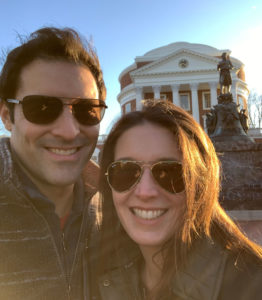 Both Jenn and John studied systems engineering at UVA, graduating in 1998. Each has spent over 20 years at Microsoft – and they’re still going. Jenn leads the Industry Solutions team for Business Applications for the Microsoft North, South and Central American region, and John leads the Data & AI Intelligent Cloud group for Microsoft United States. In the digital revolution we’re experiencing — where every company is now becoming a “tech” company — the words “applications” and “cloud” are leading the way, and Jenn and John are at the forefront.
Both Jenn and John studied systems engineering at UVA, graduating in 1998. Each has spent over 20 years at Microsoft – and they’re still going. Jenn leads the Industry Solutions team for Business Applications for the Microsoft North, South and Central American region, and John leads the Data & AI Intelligent Cloud group for Microsoft United States. In the digital revolution we’re experiencing — where every company is now becoming a “tech” company — the words “applications” and “cloud” are leading the way, and Jenn and John are at the forefront.
When they’re not working from their home offices, they’re spending time with their kids, exploring the beauty of the Hudson Valley, and investing in people and ideas that will create the next big thing. Both Jenn and John invest in early-stage seed startups as well as established technology funds, and new businesses in the Hudson Valley area. This technical, business and entrepreneurship expertise lends itself well to the Trust, and the Trust staff was eager to hear their perspective about the industry’s future, their vision, and how it impacts UVA.
What led you to join Microsoft?
John: After I graduated from UVA, I knew two things for certain. The first is that I loved systems engineering and solving complex problems, and the other is that I didn’t want to be a software engineer. When I was approached by Microsoft, I thought it was just a software development company, but I went to the interview and I quickly learned that Microsoft had a professional services function that was entirely committed to working with customers to understand and provide solutions for their complex technical challenges and needs. I was hooked from that moment and energized by the idea of working with teams to solve complex problems and to move technical innovation forward. For context, Jenn and I had been dating throughout college and all her job offers were in the DC area, so I let Microsoft know I was looking for roles in the DC area rather than the New York City area. When they found out that Jenn had a systems engineering degree, they asked me to make a connection.
Jenn: I also didn’t see myself as an engineer. John came home raving about his experience, and it was a noticeable change from how he felt when he first left for the interview. I wasn’t super interested initially but I took an interview anyway and what struck me was their willingness to take bets on people with potential. They didn’t have a university hiring program at the time, but when I interviewed, I could tell that they were willing to take a chance on me and they weren’t bound by process. It was a company of excellence and rigor, but there was a human aspect that set them apart.
What’s the biggest or most exciting period of change you’ve experienced in Microsoft?
Jenn: For me, it was when the cloud launched. We talk about the cloud so much now that it seems ingrained in all that we do, but when the cloud launched at Microsoft you could feel the energy in the company — we truly were all-in on the cloud and we know that what we were doing was going to change the world. We had to shift our value proposition with our customers, which is no small task, and it was incredible watching as a huge and established company made a giant pivot from being the “Windows” company to being a cloud company.
John: For me, it’s the advancement of artificial intelligence both generally in the world of technology but also at Microsoft as we’ve worked to be on the leading edge of AI and AI ethics. The advancement of intelligence driven from software has been incredible to watch over the last 20+ years because we now have the ability to capture and store huge amounts of data that we never dreamed we would encounter. Even as recently as 20 years ago we didn’t know we would see this rate of data increase. Not only that, but the fact that we can create statistical models to analyze the data and predict outcomes, and the compute power to do something about it — it’s been incredible to watch and I’m grateful that I’ve had a front row seat.
What are you most excited about for the future of tech?
Jenn: The thing that gets me most excited about technology is that its role in our world is changing. It used to be that technology was something we interacted with at certain times, but that’s changed as we see technology being integrated into all that we do. For example, schools used to have a dedicated computer lab, and this was the only time students would interact with the computer. Now, computers and technology are integrated into the way those students learn. There is no hard barrier between life and technology anymore as they become more integrated.
We’re seeing this in smart appliances, smart prosthetics and even in our hobbies. I’m an avid gardener and my garden brings me tremendous joy. I’ve installed a smart system that considers the temperature, rain conditions, previous water cycles, etc., and it waters the garden when it’s needed based on those factors, rather than me having to remember to water the plants or hire someone to do that when I’m out of town. It’s made something that I love even better.
John: For me, I’m excited to see more advancement in education, sustainability and equity. Those are three topics that really energize me. Narrowing it down to the topic of sustainability, there are infinite ways that technology can advance the cause of sustainability. Every discipline of engineering needs to come together to help solve problems that we haven’t tackled or solved for the planet. The combination of human intuition and quantum computers can make a difference as we tackle challenges related to climate change and urban sprawl.
Today it seems like we’re solving problems that solve a bottom line, which is certainly important in every industry. But the world’s problems don’t exist only in businesses where there’s a revenue target, and we need a targeted approach to solve the problems that the world is encountering, and that approach should involve a diverse set of human perspectives and voices, and technology that can help identify trends, make predictions, and solve some of these problems. Quantum computing can expedite this once it becomes a commodity. That’s what gets me energized for the future of tech.
How can UVA and the Trust advance this future in technology, innovation, and entrepreneurship?
Jenn: I think UVA is doing a great job of advancing the future of both technology and the community by investing in innovative ideas. There are so many amazing ideas out there that drive innovation through community development programs, new technologies, startup ideas and more. The Jefferson Trust has made it clear that their vision is to allow great ideas to come to fruition, and to help ensure that those ideas are getting the visibility needed for advancement and maximum impact. Investment in great ideas is critical and it empowers people from all backgrounds to further change that benefits the world at large.
John: One thing that has made me proud as the School of Data Science is created at UVA is that it’s being talked about as “the school without walls.” Data science is so important in each and every industry, and therefore in each and every major at the University. With the school of data science, UVA is showing their commitment to building and strengthening connections between data science and technology and the business, engineering, policy, and law schools, among others. The continued focus on that goal will help leaders of all kinds at UVA get a jump start out in the world because they’ll know the power that data science can bring to help their company meet its goals, solve problems or scale for impact.
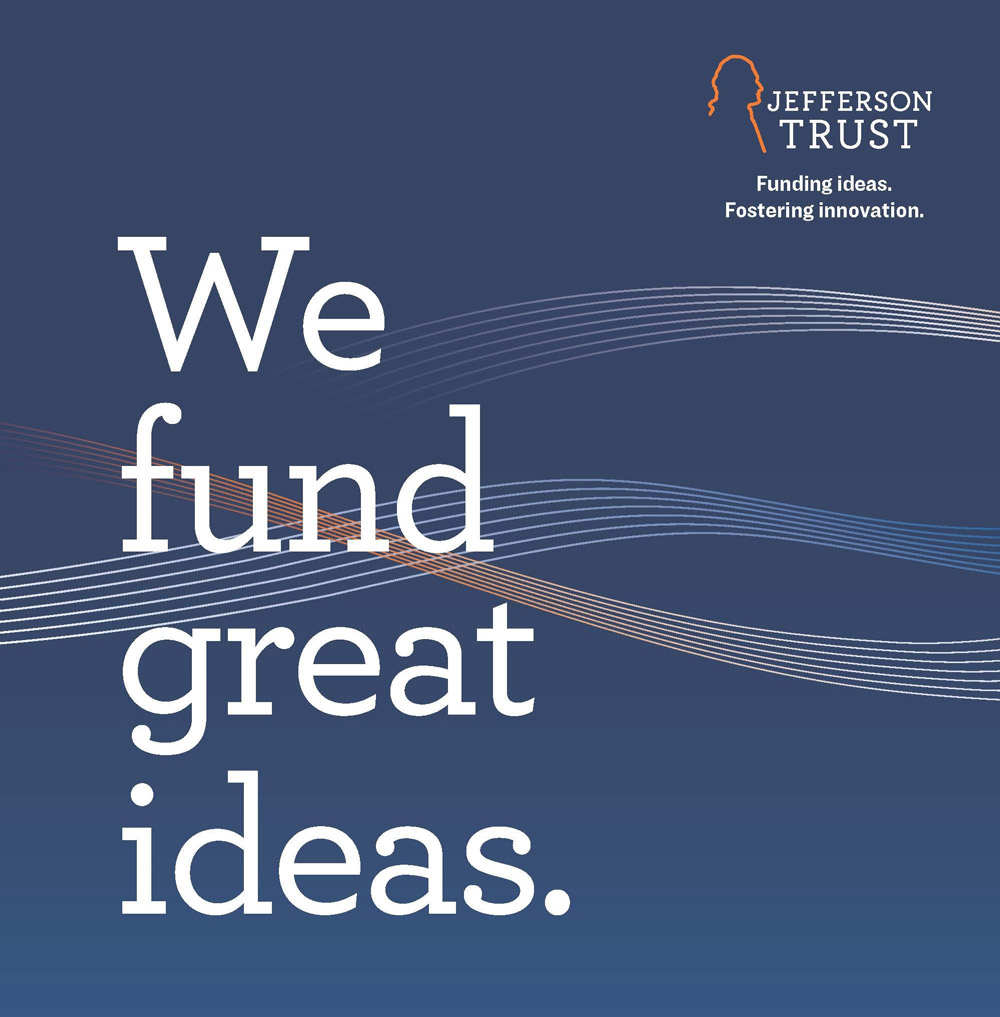
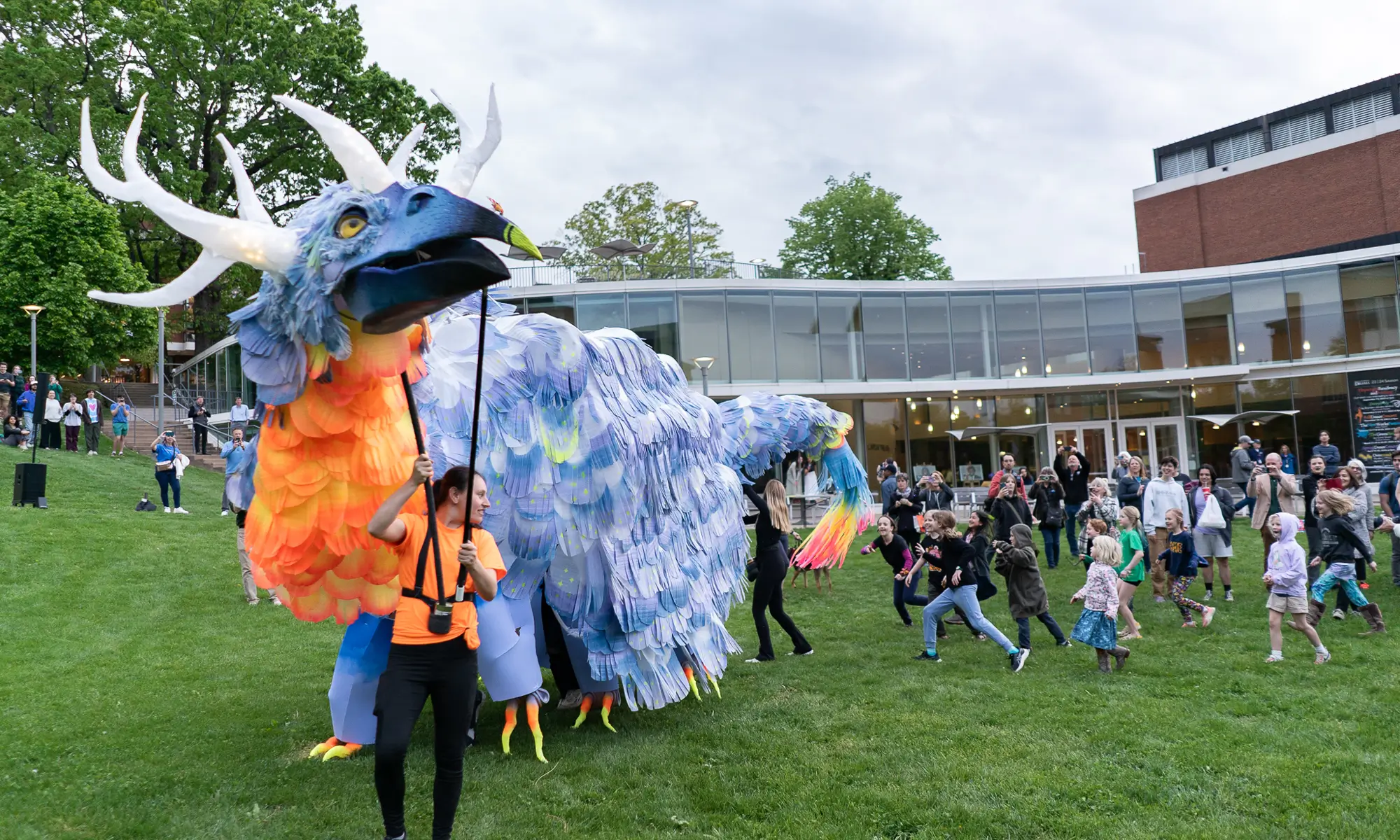
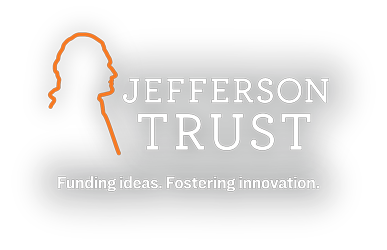
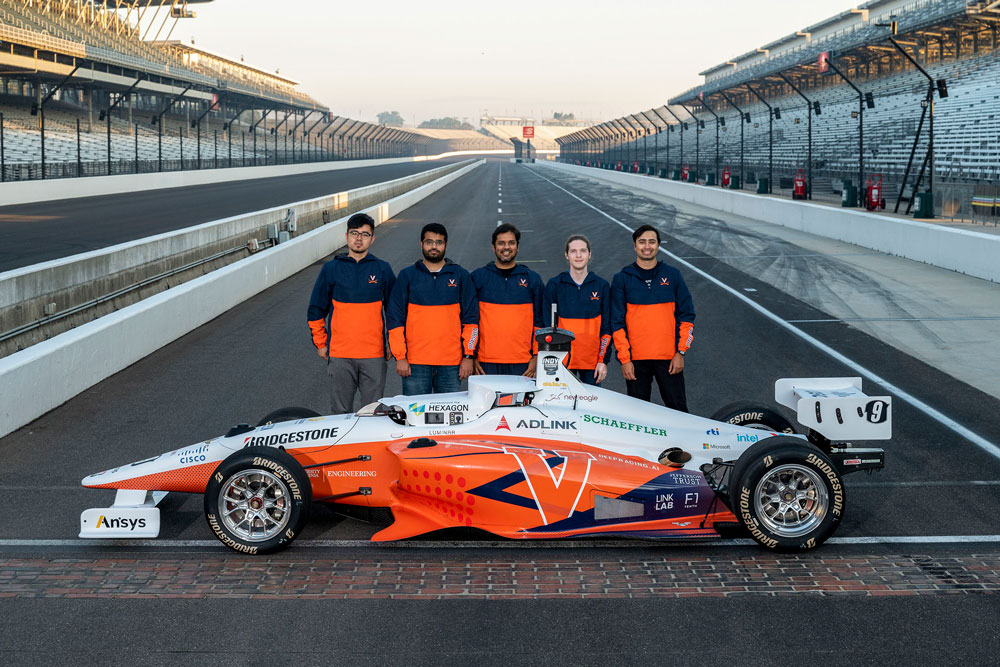
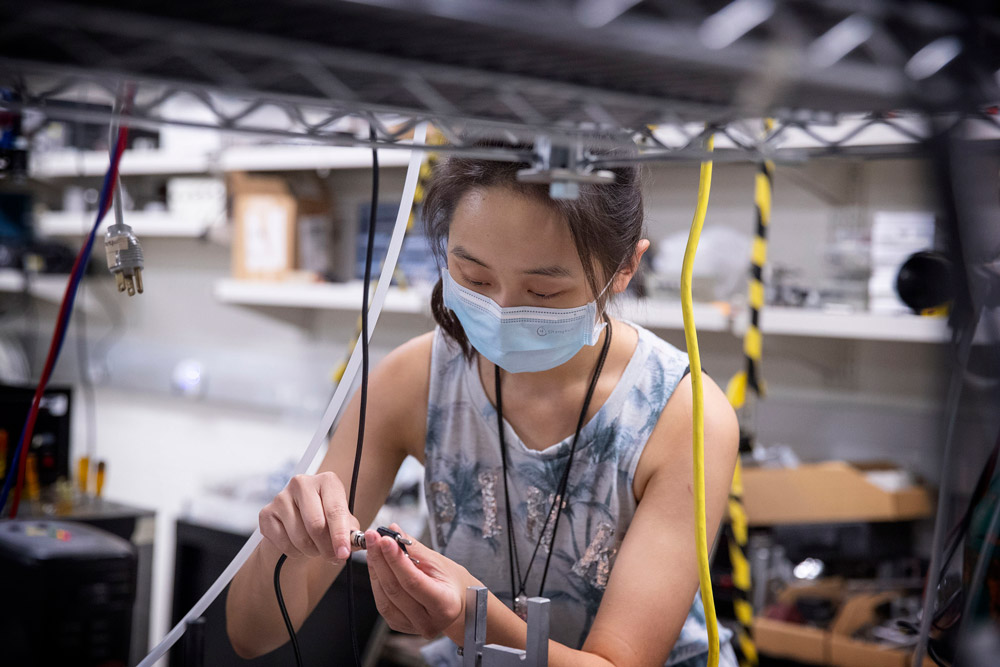
 Both Jenn and John studied systems engineering at UVA, graduating in 1998. Each has spent over 20 years at Microsoft – and they’re still going. Jenn leads the Industry Solutions team for Business Applications for the Microsoft North, South and Central American region, and John leads the Data & AI Intelligent Cloud group for Microsoft United States. In the digital revolution we’re experiencing — where every company is now becoming a “tech” company — the words “applications” and “cloud” are leading the way, and Jenn and John are at the forefront.
Both Jenn and John studied systems engineering at UVA, graduating in 1998. Each has spent over 20 years at Microsoft – and they’re still going. Jenn leads the Industry Solutions team for Business Applications for the Microsoft North, South and Central American region, and John leads the Data & AI Intelligent Cloud group for Microsoft United States. In the digital revolution we’re experiencing — where every company is now becoming a “tech” company — the words “applications” and “cloud” are leading the way, and Jenn and John are at the forefront.